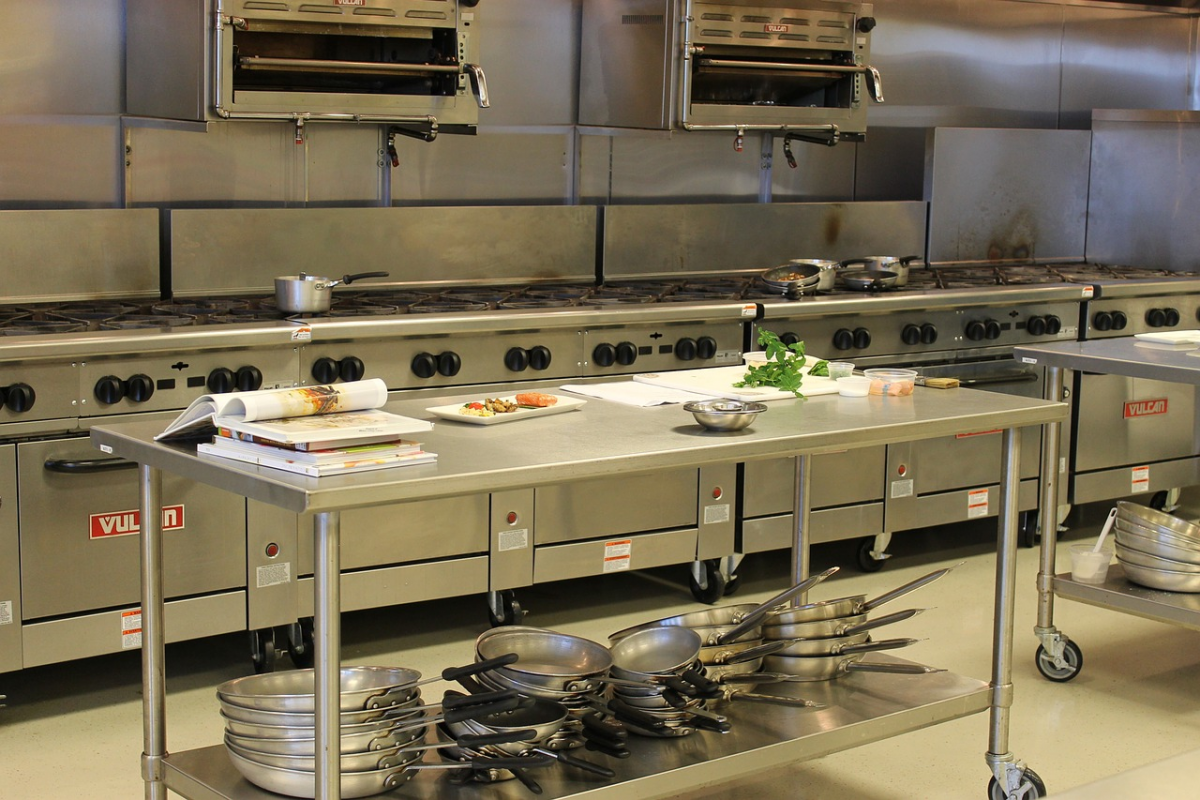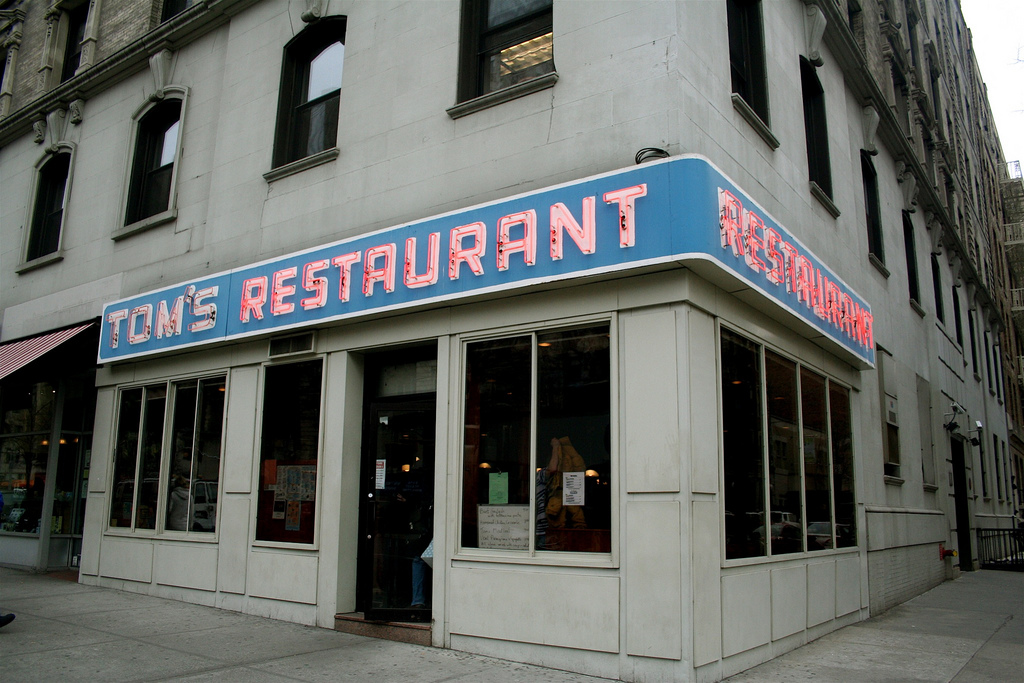Cleaning industrial and restaurant dishwashers is essential in ensuring proper operation and the provision of clean and hygienic dishes. Dishwashers in these settings handle a high volume of dishes and utensils, which means that dirt, grease, and grime build up over time. Dishwasher neglect can result in inefficient performance, increased energy consumption, and even health risks due to the growth of harmful bacteria.
Before cleaning an industrial or restaurant dishwasher, make sure it is turned off and unplugged from the power source. This is to avoid any accidents caused by the electric supply. To protect yourself from cleaning chemicals, it is also necessary to wear personal protective equipment such as gloves and goggles.
This article will go over how to clean a commercial dishwasher in order to keep them functional and safe.
Cleaning Industrial & Restaurant Dishwashers

Step 1: Disconnect the dishwasher.
It is critical to turn off the dishwasher and unplug it from the power source before beginning the cleaning process. This ensures that no electrical current is running through the machine, making it safe to use and clean.
Step 2: Clear away any food debris and other objects.
The next step is to empty the dishwasher of any food debris, utensils, or other objects. Remove any dishes or utensils that were not properly cleaned during the previous cycle. Remove any visible food particles or debris from the dishwasher’s filters and spray arms as well.
Step 3: Clean the filters
Most industrial and restaurant dishwashers have filters that capture food particles and debris. These filters can become clogged with grease and other materials over time, reducing the dishwasher’s efficiency. To clean the filters, remove them from the dishwasher and wash them in hot, soapy water. To remove any stubborn grease or debris, use a scrub brush. Before putting the filters back in the dishwasher, thoroughly rinse and dry them.
Step 4: Clean the spray arms

The spray arms in the dishwasher are in charge of distributing water and detergent to clean the dishes. These arms can become clogged with debris over time, reducing the dishwasher’s efficiency. Remove the spray arms from the dishwasher and soak them in hot, soapy water to clean them. To remove any stubborn grease or debris, use a toothbrush or scrub brush. Before putting the spray arms back in the dishwasher, thoroughly rinse and dry them.
Step 5: Clean the dishwasher’s interior.
After cleaning the filters and spray arms, it’s time to clean the dishwasher’s interior. Wipe down the inside of the dishwasher with a clean cloth or sponge, paying special attention to the corners and crevices where dirt and debris can accumulate. To remove stubborn grease or grime, make a solution of hot water and detergent. To remove any remaining detergent or debris, thoroughly rinse the interior with hot water.
Step 6: Clean the dishwasher’s exterior.
Over time, the exterior of the dishwasher can also accumulate dirt, grease, and grime. To clean the exterior, use a clean cloth or sponge and a hot water and detergent solution. Wipe down all surfaces, including the door and the control panel. To remove any remaining detergent or debris, thoroughly rinse the exterior with hot water.
Step 7: Perform a cleaning cycle.
It is a good idea to run a cleaning cycle after cleaning the dishwasher to ensure that any remaining debris or bacteria are removed. Fill the dishwasher halfway with hot water and add a commercial dishwasher cleaner or a hot water and vinegar mixture. To ensure that the cleaning solution is effective, run the dishwasher on the hottest cycle possible. When the cycle is finished, open the dishwasher and let it cool for a few minutes before closing it again.
Step 8: Plan regular maintenance.

Schedule regular maintenance to ensure that your industrial or restaurant dishwasher continues to function properly. This includesregularly cleaning the dishwasher, replacing any worn or damaged parts, and inspecting the dishwasher for signs of wear or damage. Regular maintenance can help your dishwasher last longer and run more efficiently and safely.
In addition to routine maintenance, it is critical to train your employees on proper dishwasher usage and cleaning procedures. This can help to avoid problems like clogs and breakdowns caused by improper use or neglect.
Conclusion

Cleaning industrial or restaurant dishwashers is an important part of keeping a food service environment safe and sanitary. You can ensure that your dishwasher operates efficiently and effectively, providing clean and sanitised dishes for your customers, by following the steps outlined above. To keep your dishwasher running smoothly, schedule regular maintenance and train your staff on proper usage and cleaning procedures. Your dishwasher can be a valuable asset to your food service operation for years to come if properly cared for and maintained.


